Dylan Thomas: A Child's Christmas In Wales
This 1952 recording by the Welsh poet is credited with having launched the audiobook industry in the United States and has gone on to sell millions of copies around the world.
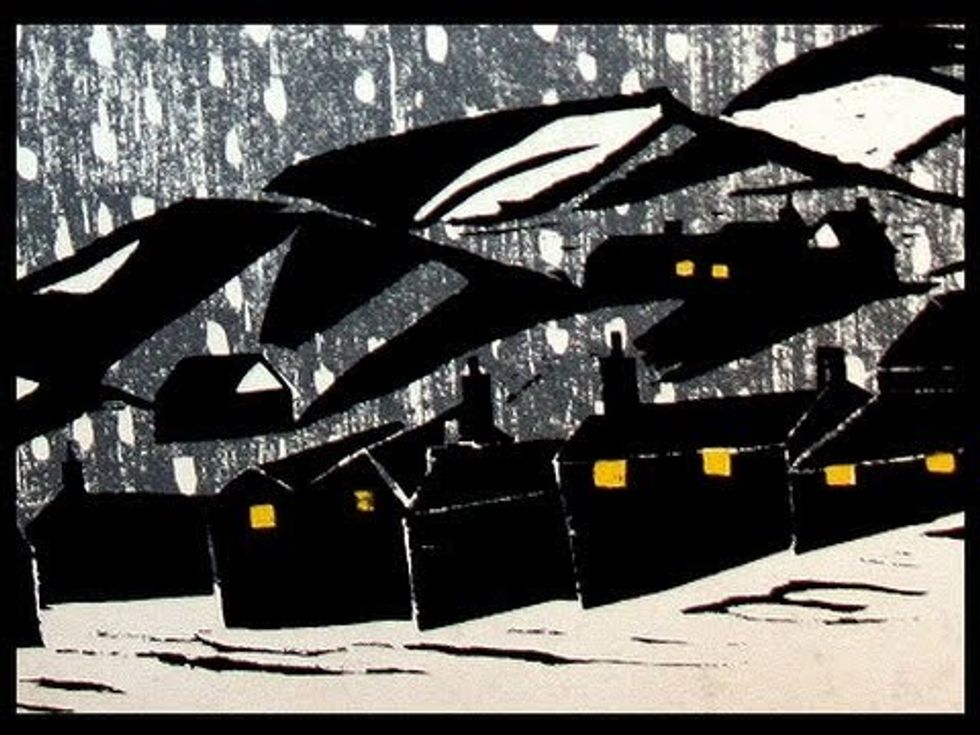
By External Source
Dylan Thomas - A Child's Christmas In Wales (Caedmon): Welsh poet Dylan Thomas had recorded work for the BBC since 1937 when he read poetry on air and talked about being a poet. His radio work provided a minor source of income; in the early 1940s he began writing radio scripts, and in late 1942 he wrote a 15-minute talk that was broadcast by the Welsh BBC in February 1943 titled Reminiscences of Childhood. This was followed by Quite Early One Morning in 1944, recorded in Wales and produced by Aneirin Talfan Davies. After being well received in Wales, Davies offered the recording of Quite Early One Morning to the BBC in London for national broadcast, but the producers at the BBC were unimpressed by what was described as Dylan's "breathless poetic voice", and it was rejected.
In 1945, the producer of the Welsh Children's Hour, Lorraine Davies, wrote to Thomas suggesting a talk entitled "Memories of Christmas". Thomas thought that this was "a perfectly good title to hang something on", and by the autumn he had finished work on a reading for the show. It was accepted by BBC in London, but Derek McCulloch (Uncle Mac) the presenter and producer of Children's Hour was unhappy about allowing the "notoriously tricky" Thomas to read the piece live, which was the normal practice of the show. In a letter to Thomas, McCulloch wrote there were technical reasons that prevented their recording it live on that day. Thomas recorded the work in advance. Almost five years later, Thomas enlarged his 1945 BBC talk "Memories of Christmas", merging in sections of an essay written for Picture Post in 1947 titled "Conversation about Christmas". In 1950, he sold the work to Harper's Bazaar for $300 who published it under the title "A Child's Memories of a Christmas in Wales".
On his 1952 tour of America, Thomas was visited at the Chelsea Hotel by college graduates Barbara Holdridge and Marianne Roney, who believed that there were commercial possibilities in the United States for recordings of poetry. After previously finding little interest from American backers in medieval music and Shakespeare recitals, the women had turned to the recording of contemporary authors reading their own works. Thomas agreed to making a 45-minute LP recording and an initial fee of $500 for the first 1,000 records sold and a 10% royalty thereafter. Holdridge and Mantell were unable to find an interested publishing company. They were forced to pay Thomas the initial fee, and a contract for that purpose was drawn up between Thomas and Caedmon Records, the women's company.
On 22 February 1952, Thomas recorded five of his poems: "In the white giant's thigh", "Fern Hill", "Do not go gentle into that good night", "Ballad of the Long-legged Bait", and "Ceremony After a Fire Raid". When they asked him what he would use to fill up the LP's B-side, rather than more poetry, Thomas preferred a story. He could not remember its actual title and said that he wanted to read, as he phrased it, "A Child's Christmas in Wales". On the day of recording, Thomas arrived at the studio without a copy of his story. A copy of Harper's Bazaar from 1950 containing the text had to be found for his reading. Roney later stated that she believed Thomas may have been drunk during the recording. It sold modestly at first, going on to become one of his most loved works and launching Caedmon into being a successful company.
One year after making this recording, Thomas died in New York aged 39. In 1954, the story was first published in book format as part of the American pressing of "Quite early one morning" and released the following year under its own title, A Child's Christmas in Wales.
Thomas' original 1952 recording of A Child's Christmas in Wales was a 2008 selection for the United States National Recording Registry, stating that it is "credited with launching the audiobook industry in the United States."
Source: Wikipedia

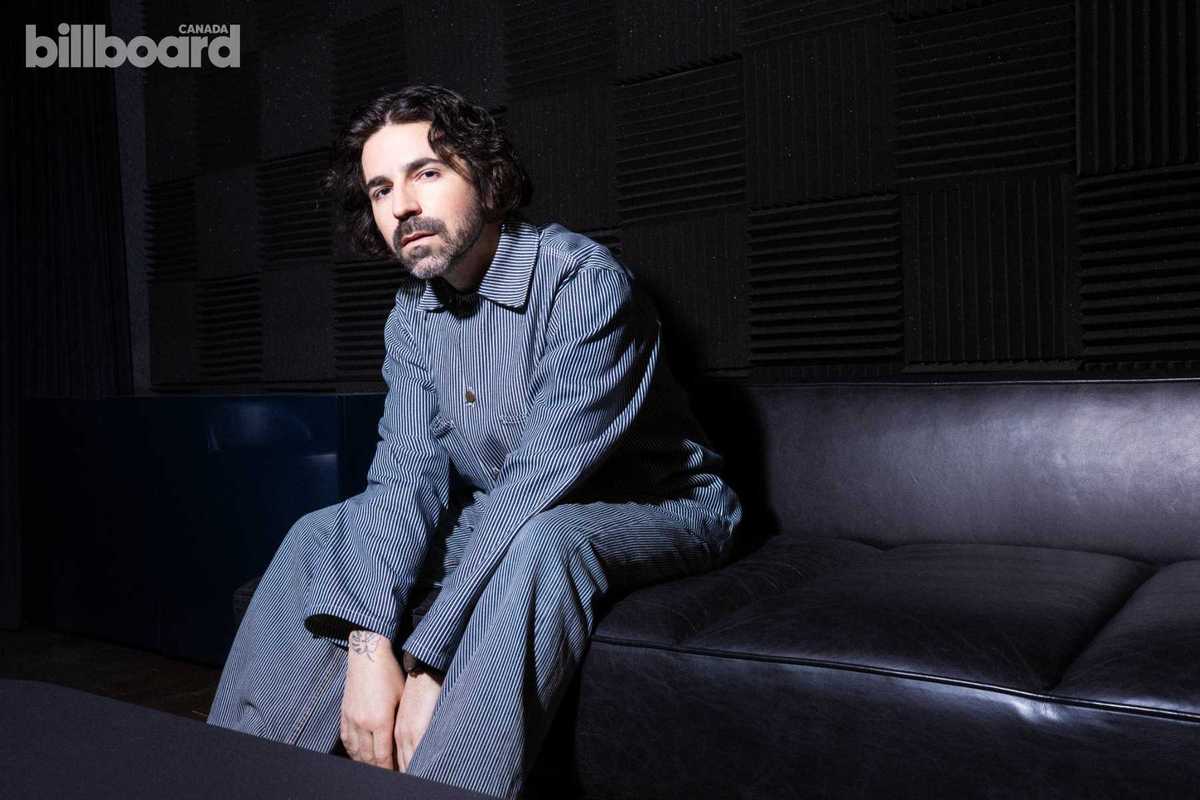








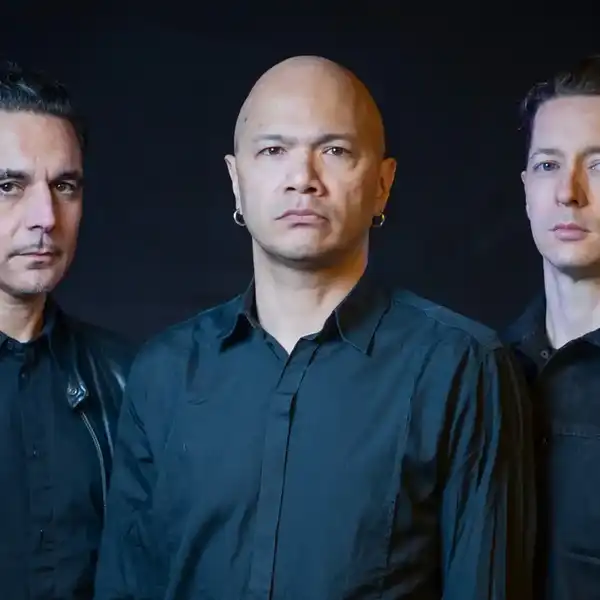







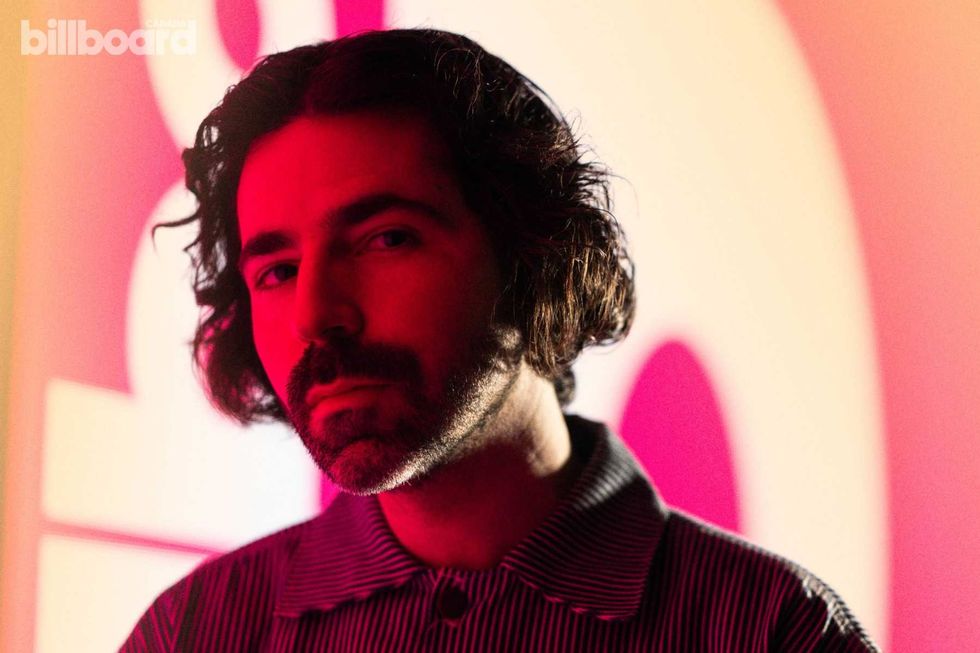 Felix Cartal shot at the W Toronto on Feb. 20, 2026. Lane Dorsey
Felix Cartal shot at the W Toronto on Feb. 20, 2026. Lane Dorsey 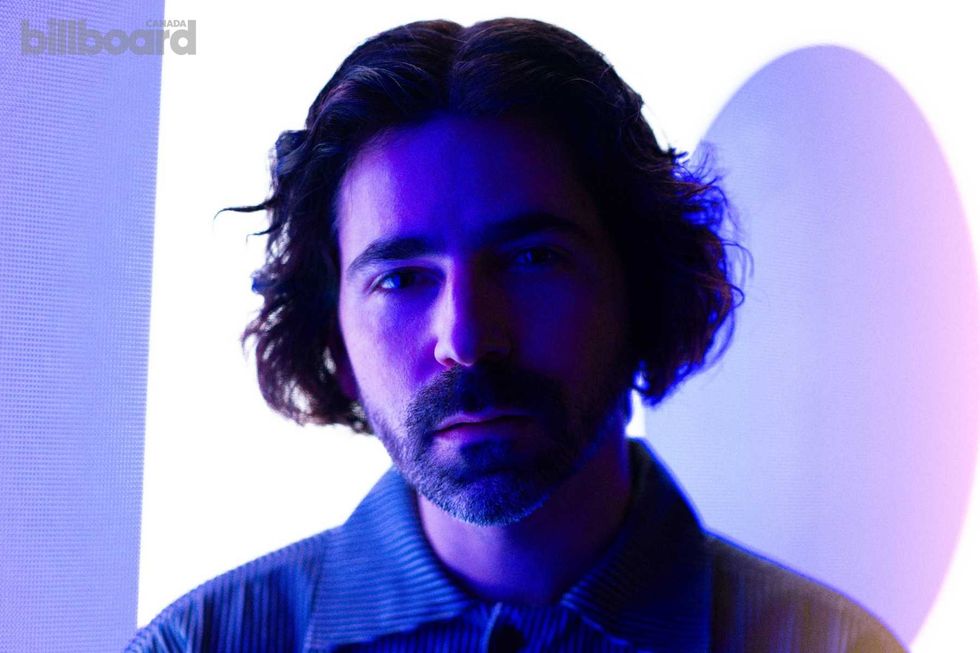 Felix Cartal shot at the W Toronto on Feb. 20, 2026.Lane Dorsey
Felix Cartal shot at the W Toronto on Feb. 20, 2026.Lane Dorsey